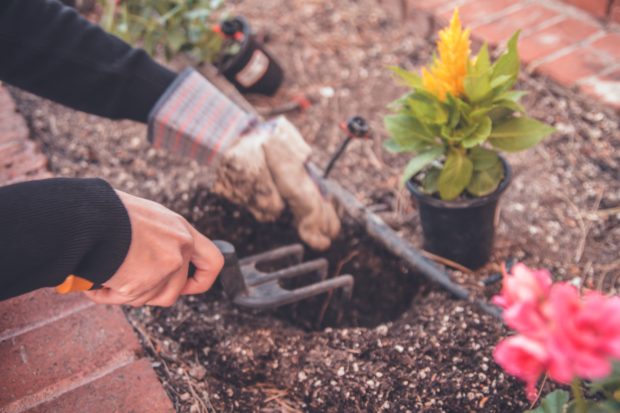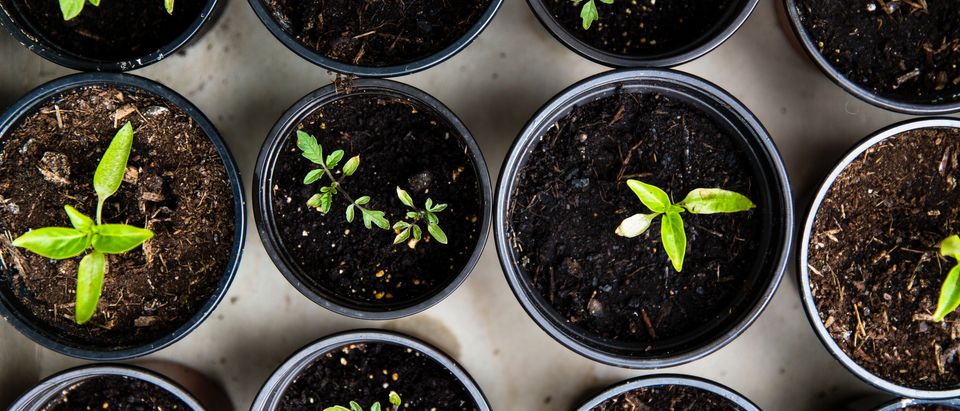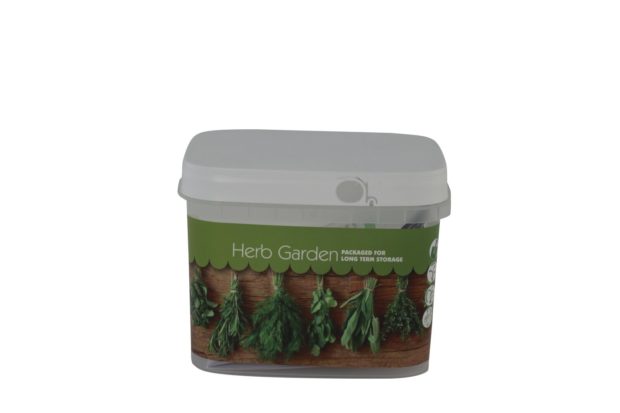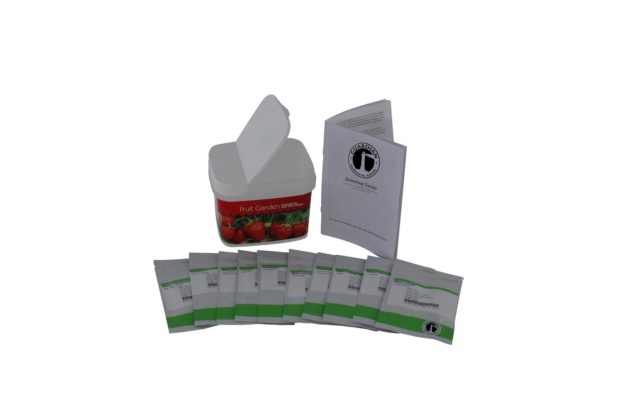While grocery stores may be fine for addressing your short time food needs, given how long the threat of Coranavirus has threatened to carry on for, perhaps now is the perfect time to consider gardening to help you create your own independent food source.
In case you missed the news other places across our site, Outbreak Provisions, a new online vendor focused on pandemic and disaster emergency preparedness has several options for long term food preparedness solutions, including seeds for you to grow your own herbs, fruit, and medicinal herbs among more traditional vegetable options:
Personally, if I had to choose I would go with the fruit seeds as I am more of a fruit person, but it’s really a matter of preference and having a variety of seeds is never a bad thing!
Explore multiple options for seeds and other food sources via Outbreak Provisions.
While gardening is a great option for developing your own food source and will be crucial if things start to get worst, it’s important that you keep your health and safety a priority, especially given common infection risks that can occur outside.
Here are some safety tips for gardening recommended directly by the CDC, as shown on their website:
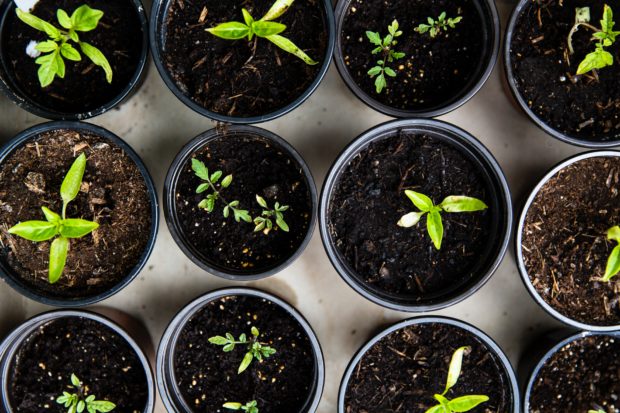
Dress to protect.
Gear up to protect yourself from lawn and garden pests, harmful chemicals, sharp or motorized equipment, insects, and harmful rays of too much sun.
- Wear safety goggles, sturdy shoes, and long pants to prevent injury when using power tools and equipment.
- Protect your hearing when using machinery. If you have to raise your voice to talk to someone who is an arm’s length away, the noise can be potentially harmful to your hearing.
- Wear gloves to lower the risk for skin irritations, cuts, and certain contaminants.
- Use insect repellent containing DEET. Protect yourself from diseases caused by mosquitoes and ticks. Wear long-sleeved shirts, and pants tucked in your socks. You may also want to wear high rubber boots since ticks are usually located close to the ground.
- Lower your risk for sunburn and skin cancer. Wear long sleeves, wide-brimmed hats, sun shades, and sunscreen with sun protective factor (SPF) 15 or higher.
S0urce: https://www.cdc.gov/family/gardening/index.htm
Put safety first.
Powered and unpowered tools and equipment can cause serious injury. Limit distractions, use chemicals and equipment properly, and be aware of hazards to lower your risk for injury.
- Follow instructions and warning labels on chemicals and lawn and garden equipment.
- Make sure equipment is working properly.
- Sharpen tools carefully.
- Keep harmful chemicals, tools, and equipment out of children’s reach.
S0urce: https://www.cdc.gov/family/gardening/index.htm
Know your limits in the heat.
Even being out for short periods of time in high temperatures can cause serious health problems. Monitor your activities and time in the sun to lower your risk for heat-related illness.
- If you’re outside in hot weather for most of the day you’ll need to make an effort to drink more fluids.
- Avoid drinking liquids that contain alcohol or large amounts of sugar, especially in the heat.
- Take breaks often. Try to rest in shaded areas so that your body’s thermostat will have a chance to recover. Stop working if you experience breathlessness or muscle soreness.
- Pay attention to signs of heat-related illness, including extremely high body temperature, headache, rapid pulse, dizziness, nausea, confusion, or unconsciousness.
- Watch people who are at higher risk for heat-related illness, including infants and children up to four years of age; people 65 years of age or older; people who are overweight; people who push themselves too hard during work or exercise; and people who are physically ill or who take certain medications (i.e. for depression, insomnia, or poor circulation).
- Eat healthy foods to help keep you energized.
S0urce: https://www.cdc.gov/family/gardening/index.htm
Tips for persons with disabilities and physical activity.
Talk to your health care provider if you have physical, mental, or environmental concerns that may impair your ability to work in the garden safely.
- If you have arthritis, use tools that are easy to grasp and that fit your ability. Research shows that 2½ hours per week of moderate physical activity can give you more energy and can help relieve arthritis pain and stiffness.
- If you are taking medications that may make you drowsy or impair your judgment or reaction time, don’t operate machinery, climb ladders, or do activities that may increase your risk for injury.
- Listen to your body. Monitor your heart rate, level of fatigue, and physical discomfort.
- Call 911 if you get injured, experience chest and arm pain, dizziness, lightheadedness, or heat-related illness.
S0urce: https://www.cdc.gov/family/gardening/index.htm
Enjoy the benefits of physical activity.
Gardening is an excellent way to get physical activity. Active people are less likely than inactive people to be obese or have high blood pressure, type 2 diabetes, osteoporosis, heart disease, stroke, depression, colon cancer, and premature death.
- Be active for at least 2½ hours a week. Include activities that raise your breathing and heart rates and that strengthen your muscles. Help kids and teens be active for at least 1 hour a day.
- If you have been inactive, start out with just a few minutes of physical activity each day. Gradually build up time and intensity.
- Vary your gardening activities to keep your interest and to broaden the range of benefits.
S0urce: https://www.cdc.gov/family/gardening/index.htm
